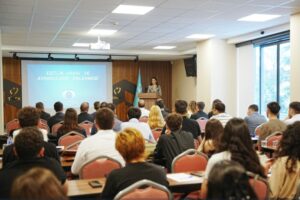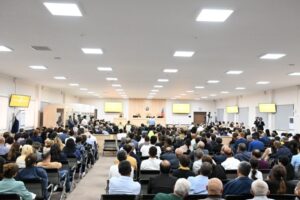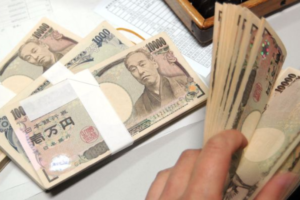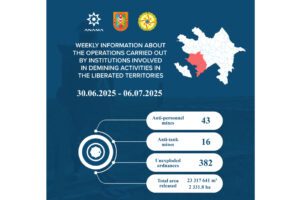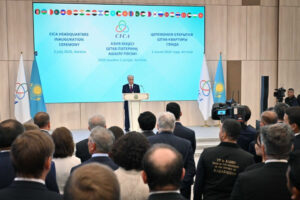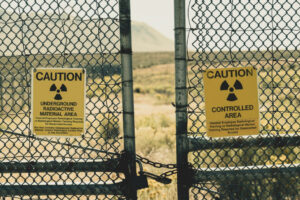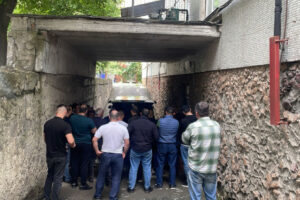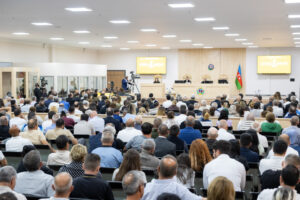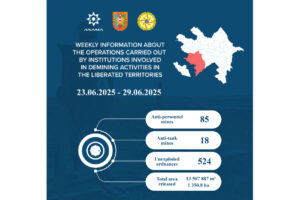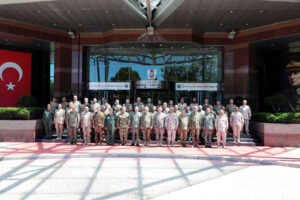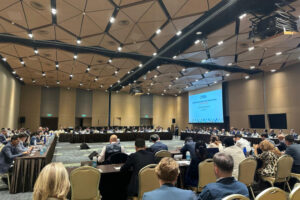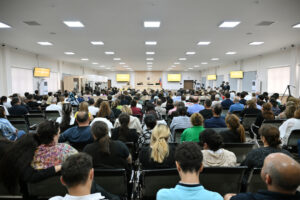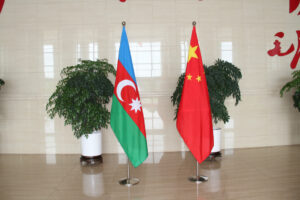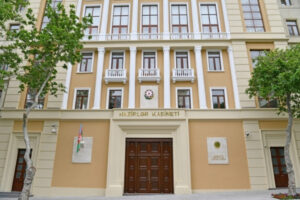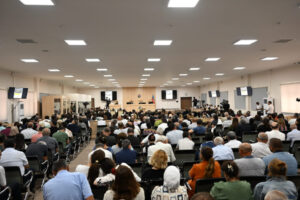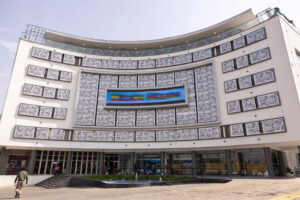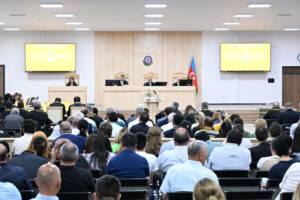Tokyo, 15 May, /AJMEDIA/
The southern island prefecture of Okinawa on Sunday marked 50 years since its reversion to Japan from U.S. rule as residents’ frustrations continue over a weak local economy and ever-present U.S. military bases despite decades of protest.
Top officials from the central and prefectural governments, including Prime Minister Fumio Kishida and Gov. Denny Tamaki, are slated to attend a commemoration ceremony held at a convention center near U.S. Marine Corps Air Station Futenma, whose proximity to a densely populated area has made it a symbol of the burden long assumed by Okinawans.
Okinawa returned to Japan on May 15, 1972, 20 years after the country restored its sovereignty following its defeat in World War II. During the U.S. administration granted under the 1951 San Francisco Peace Treaty, acres of land were expropriated and turned into military bases.
Even half a century after its reversion, Okinawa continues to shoulder the bulk of U.S. bases in the country, despite its stated hope of becoming “a peaceful island free of military bases” upon its return to Japanese rule.
The prefecture hosts 70.3 percent of U.S. military installations in Japan by acreage, up from 58.8 percent in 1972. The bilateral security treaty allows the United States to keep bases on Japanese soil.
With Okinawa being the site of the biggest ground battle on Japanese soil during World War II that cost an estimated 200,000 lives, half of them local civilians, antipathy toward U.S. bases remains strong on the island.
Such a feeling has been exacerbated by constant noises from military aircraft and drills, plane crashes and environmental pollution on top of rapes and murders committed by U.S. service members.
According to a Kyodo News survey conducted on 1,500 residents aged 18 and older across Okinawa from March to April, 55 percent said they have been dissatisfied with the course of history after Okinawa’s return to Japan, while 94 percent welcomed the reversion itself.
Repeated calls to alleviate their burden of hosting the bases have largely been ignored by the central government, which has emphasized the strategic importance of Okinawa due to its proximity to potential flashpoints such as Taiwan, in the face of an expanding Chinese military presence.
The central government also claims that the presence of U.S. forces on the island serves an important role for the security of Japan as they would enhance the deterrence offered under the Japan-U.S. alliance.
Competing desires between the Japanese government and Okinawa people have led to the stalled relocation of the Futenma base. While the central government is determined to build a replacement facility in a less populated coastal area of Okinawa, many Okinawans demand the base be relocated outside of the island prefecture.
The Futenma relocation plan dates back to a 1996 Japan-U.S. deal on the return of the land used for the Marine airfield, which was struck amid public outrage over the 1995 gang rape of a 12-year-old schoolgirl in Okinawa by three U.S. servicemen.
While the island has enjoyed some degree of economic growth over the past 50 years, it still lags behind the rest of Japan economically. Many blame it partly on Okinawa being left under U.S. rule for years while the rest of the country enjoyed decades of postwar high-growth “economic miracle.”
Okinawa has continually ranked the lowest among the country’s 47 prefectures in average income per capita due to lack of strong industries aside from tourism in some parts of the prefecture, leading to a wide income gap among residents.
Single mothers and poverty among children are also common on the island that has a higher unemployment rate than most parts of the country.
While some residents seek jobs on U.S. bases as civilian workers in search of better pay, Gov. Tamaki dismisses the view that Okinawa is dependent on the bases economically, saying base-related jobs generate only 5 percent of residents’ total income, an improvement from around 15 percent at the time of the reversion.
Making use of the land currently used for U.S. bases but scheduled to be returned to the prefecture, the governor says it can create an economic impact of 900 billion yen ($6.9 billion), more than triple the current U.S. base-related income in the prefecture, as well as 80,000 jobs, about nine times the number of Japanese workers on the bases.



